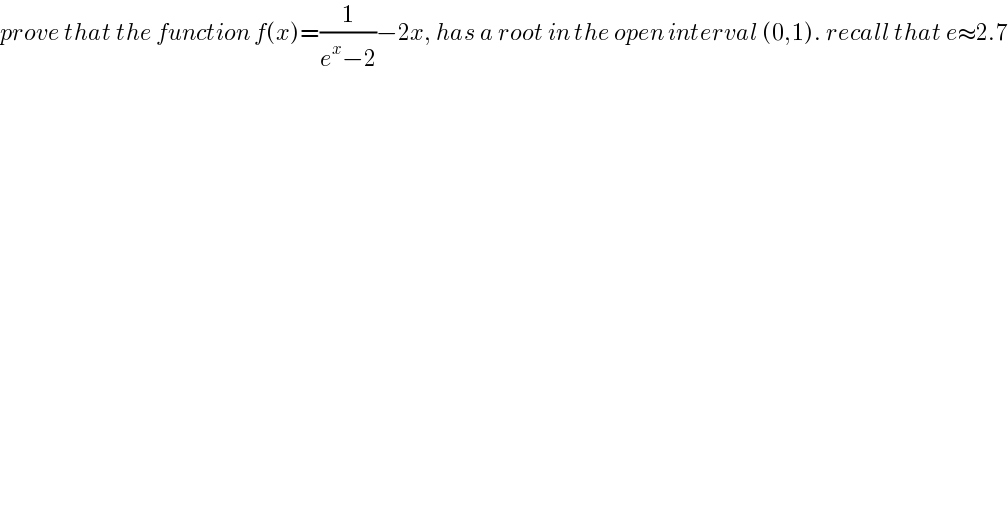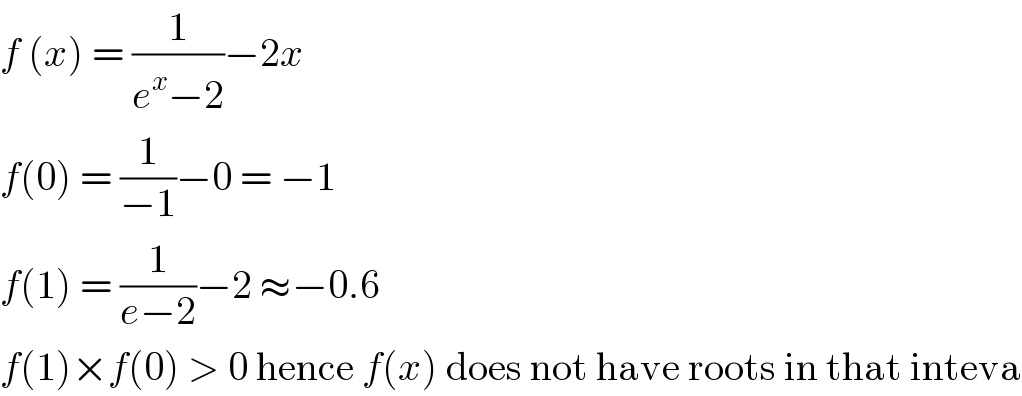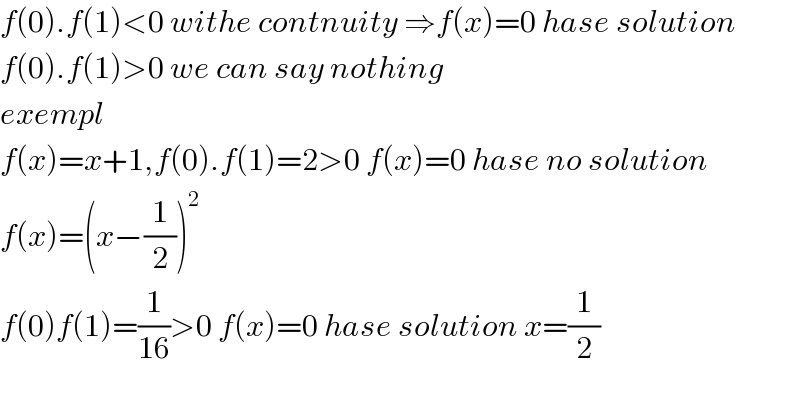
Question and Answers Forum
Question Number 125815 by Tanuidesire last updated on 14/Dec/20

Answered by physicstutes last updated on 14/Dec/20

Commented by Tanuidesire last updated on 14/Dec/20

Commented by mindispower last updated on 14/Dec/20

| ||
Question and Answers Forum | ||
Question Number 125815 by Tanuidesire last updated on 14/Dec/20 | ||
 | ||
Answered by physicstutes last updated on 14/Dec/20 | ||
 | ||
| ||
Commented by Tanuidesire last updated on 14/Dec/20 | ||
 | ||
Commented by mindispower last updated on 14/Dec/20 | ||
 | ||